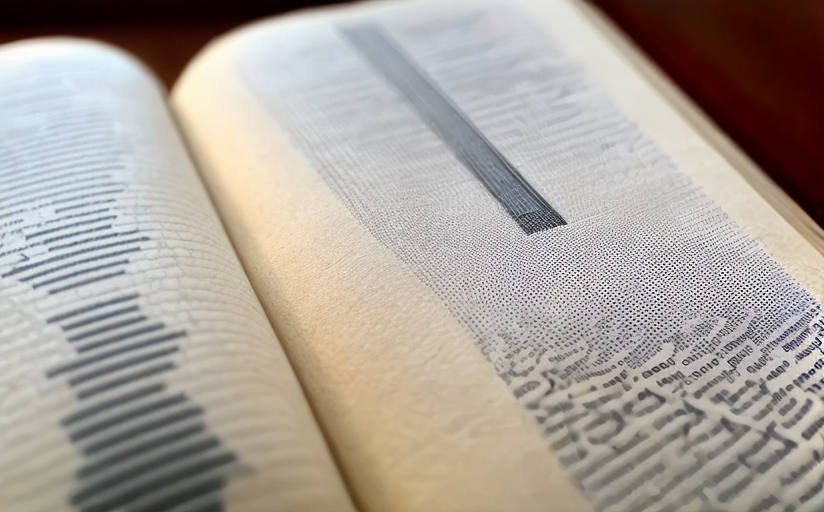Censorship and Freedom of Speech in Literature: An Analysis
Throughout history, the world of literature has oscillated between two poles - censorship and freedom of speech. These two conflicting concepts have been instrumental in shaping literature across various cultures and historical periods. This article delves into an in-depth analysis of these implications, attitudes, and experiences.
Literature under Suppressive Regimes vs Environments Championing Freedom of Expression
In regimes where free speech is suppressed, literature often takes on layers of symbolism, metaphor, and innuendo. A classic example of this is 'Animal Farm' by George Orwell, a censored allegorical novella that indirectly criticises totalitarian regimes. Contrastingly, in environments where freedom of expression is respected, such as in Western democracies, writers have the liberty to tackle controversial subjects directly. For instance, 'To Kill a Mockingbird' by Harper Lee openly critiques racial injustice in America, demonstrating the power of freedom of speech in literature.
The Impact of Censorship and Freedom of Speech on Societal Values
Both concepts shape societal norms and cultural values, and affect personal experiences. On one hand, censorship preserves established values, potentially preventing societal decay, as argued by Plato in 'The Republic'. On the other hand, restriction-free expression as seen in 'One Hundred Years of Solitude' by Gabriel García Márquez, allows for a dramatic shift in societal norms by exposing previously unaddressed ideologies or beliefs.
The Various Forms of Literary Censorship and its Reasons
Literary censorship takes on various forms, including self-censorship, government censorship, and societal censorship, often resulting from fear of persecution, punishment, or social ostracism. These are underlying themes in 'Fahrenheit 451' by Ray Bradbury, where a totalitarian censorship regime destroyed books to suppress dissenting ideas.
The Effect of Censorship: Beneficial Regulation or Contrition?
While some view censorship as necessary to maintain social order and harmony, others see it as stifling individual development and societal growth. The novel '1984', also by George Orwell, showcases the repressive effects of an extreme censorship regime on individual development and freedom.
Digital Age and Social Media: Freedom Quotient Amplified
The advent of the digital age, and particularly, social media platforms, has amplified the struggle for free speech. While these platforms have enabled people to express their views widely, they have also served as a battleground for censorship, as witnessed in various instances of post removals or account suspensions. As we forge ahead in this digital era, the fine balance between freedom of speech and censorship will continue to be a significant theme in literature.




















Comments
Leave a Comment